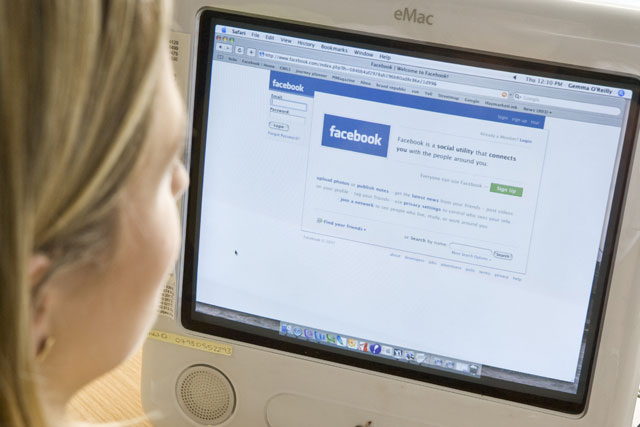While Russell Davies has done a much better job at explaining the challenges and questioning the value that Facebook presents to advertisers on these pages than I could ever do, I'm pretty sure that as a metric, acquiring the affection of its commercial director is probably not one of their key targets.
Over the past few days, a number of articles have appeared in the press predicting the demise of Facbook - it's what some journalists have been itching to write for ages. But, finally, they have been presented with some data that appears to back this up.
According to Inside Facebook, an independent website that analyses Facebook's advertising data, more than 100,000 UK users switched off their UK accounts in May. In the US, the declines were even more dramatic with about six million deactivating their account in the month. Facebook has rebutted the claims (albeit not particularly stridently), saying that the data used only provides "broad estimates". And, in fairness, Facebook continues to grow globally.
But the fact that its popularity is appearing to wane in key markets must be a concern as it is rumoured to be announcing an IPO next year and has had a valuation north of $100 billion attached to it.
This is not an original observation but the problem appears to be that Facebook has become a victim of its own success. Having entered the mainstream, it has lost the edginess and coolness of its youth, prompting younger users, in particular, to turn away. Whereas it was once used by errant teenagers to crash and trash house parties, since acquiring an older demographic profile it has turned into a sort of 24-hour rolling Christmas "round robin"-type service allowing people to deliver tedious updates on the dreary minutiae of middle-aged life. In my experience.
And the problem with older users is that you can pretty much advertise to them anywhere and get better data on the effectiveness of your campaign. Moreover, Haines will then have to pretend to like Aquability walk-in baths.
jeremy.lee@haymarket.com


